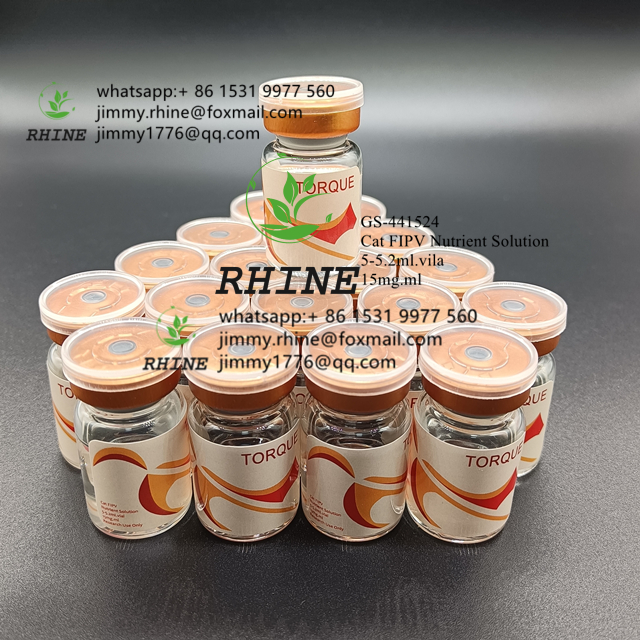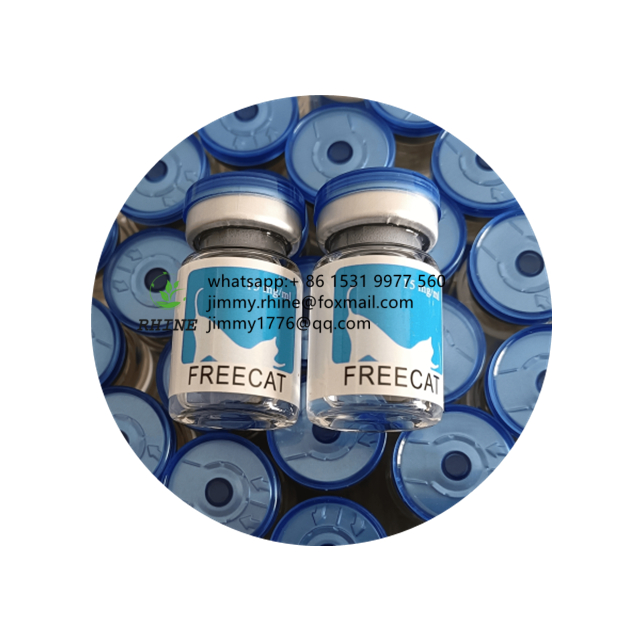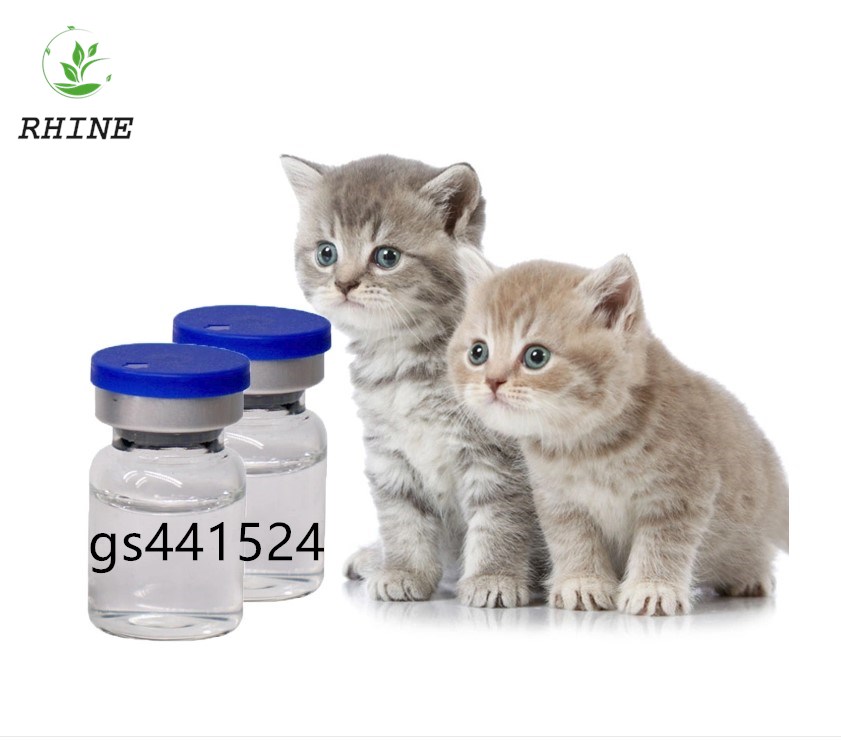Management after planting (6) 6. Improvement of varieties: When it is found that the varieties of flowers and trees that they plant are not ideal, they can be updated and improved. The method is to update the original variety by means of grafting. Among them, arbors are replaced by high branches, and branches can be used (mainly in the spring, with the best from the end of March to the middle of April, with methods such as splicing, splicing, and abdomen) and budding (mainly in autumn. There are methods such as "buds, buds, etc."); flower shrubs are mainly based on the method of grafting and improvement, and mainly splicing; lianas can be spliced ​​from the base, and can also be replaced by high branches. (1) Splicing: In the proper position of the cross-section of the rootstock, cross a knife, insert the wedge-shaped scion, align the layers, and wrap it with a plastic cloth; (2). Abdomen: use scissors on the stock Cut out an incision in the middle and insert the wedge-shaped scion, aligning the layers and wrap it in a plastic cloth. (3) Sprouts (Folding from the end of August to mid-September): First cut a knife across the smooth part of the rootstock, then cut a knife vertically under the crosscutting line to make it a "T", then cut the triangle into strips and insert it from top to bottom to form a layer alignment. Plastic cloth can be good. It should be noted that the hard grafting of the grapes needs to be carried out from March 10 to 15 (before injury); the grafting of twigs can be carried out from June to July.
Feline Infectious Peritonitis (FIP), referred to as Feline Infectious Peritonitis (FIP), is a fatal abnormal immune response that occurs in cats. It is caused by the mutation of the feline coronavirus carried by cats. As a high-incidence and fatal disease of pet cats, the current incidence of feline abdominal transmission is about 10%.
The symptoms of cats are usually divided into two categories, namely wet FIP and dry FIP, of which wet FIP accounts for the majority of all cases. About 70%, manifested as abdominal pleural effusion, abnormal bulging; dry FIP cats have different symptoms, depending on the type of organ affected by the virus.
So far, all feline feline feline treatments are based on the characteristics of the disease, and GS-441524 can play a role in the treatment of feline feline disease. Therefore, the therapeutic effect of GS-441524 is obviously more ideal, the dose used is less, the treatment cycle is shorter, and the efficacy, safety and convenience of operation are all good. Because of this, GS-441524 is considered by many pet owners and veterinarians to be a magic medicine that can effectively treat feline abdominal infection.
Gs 441524 Fip,Fip Treatment Gs441,Gs 441524 Fipv Cats,Gs 441524 For Fip XI AN RHINE BIOLOGICAL TECHNOLOGY CO.,LTD , https://www.xianrhinebiotech.com


Post-planting management (6)